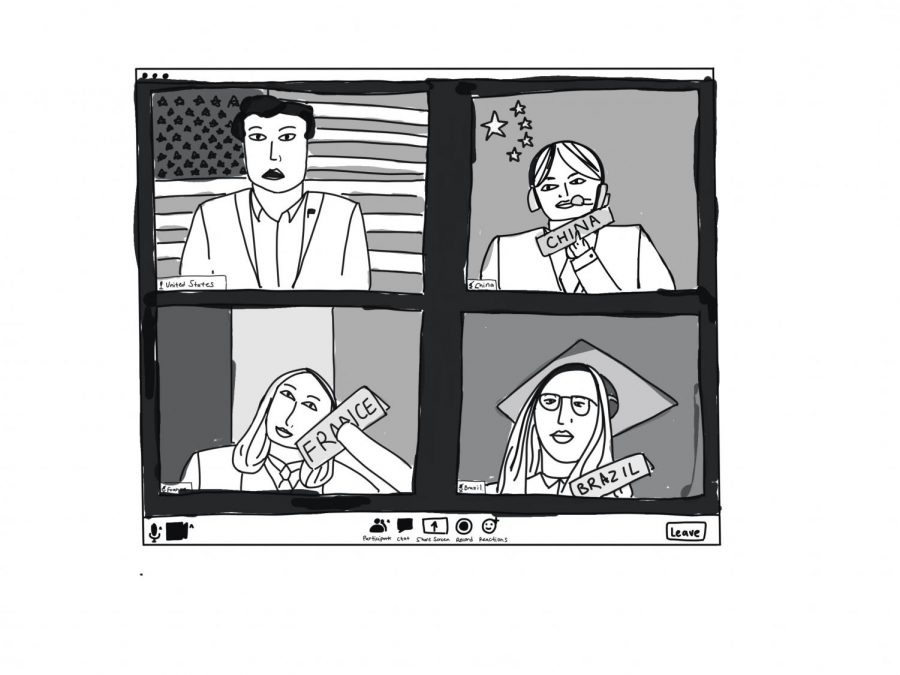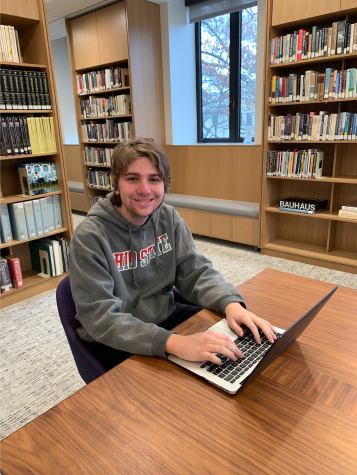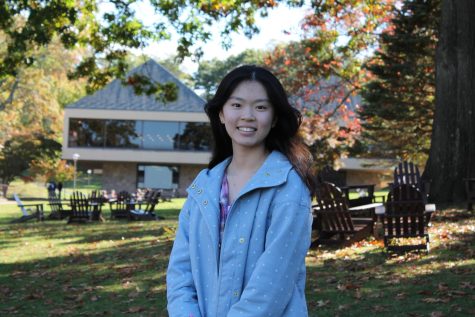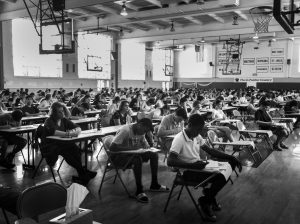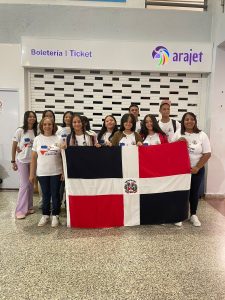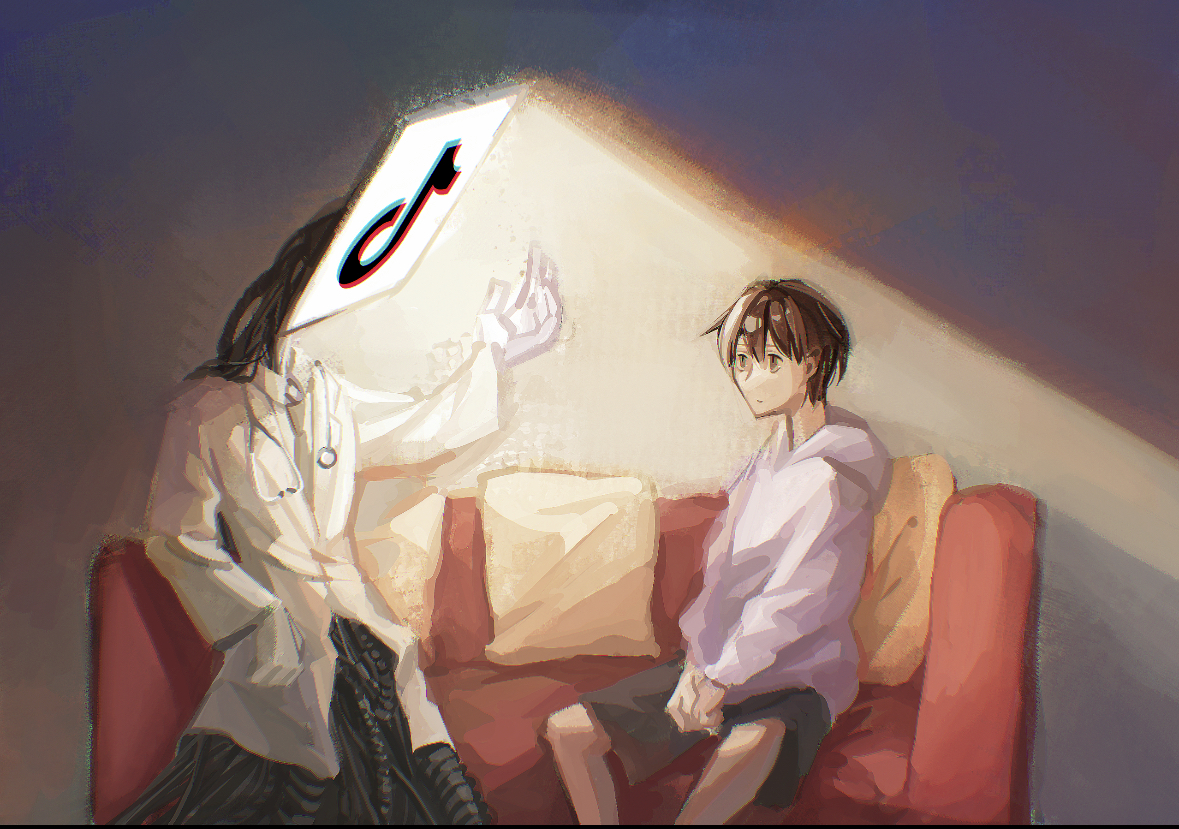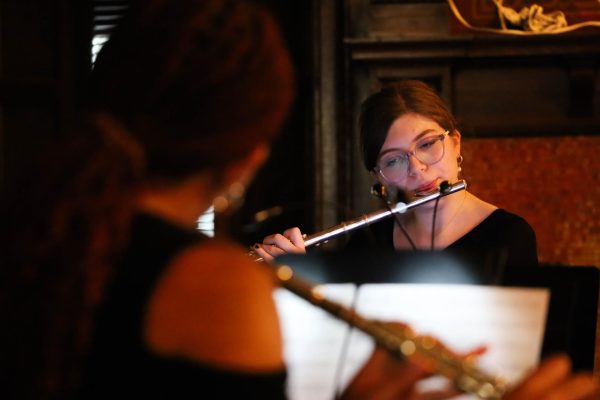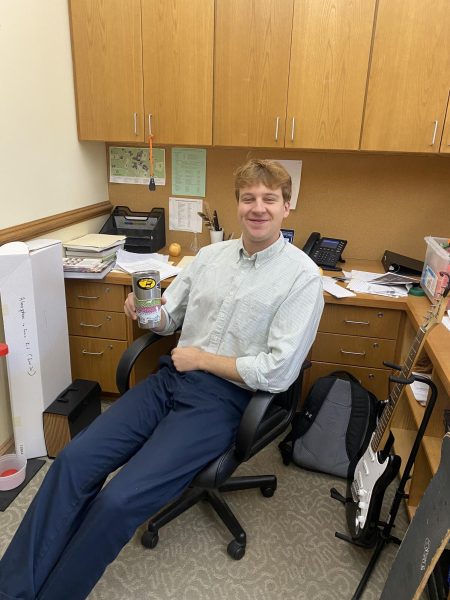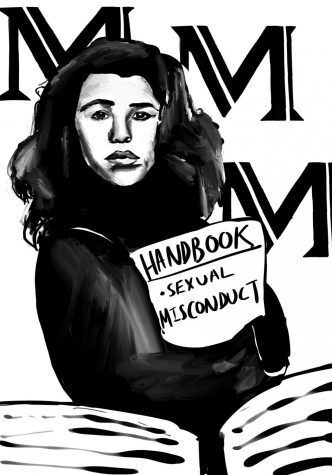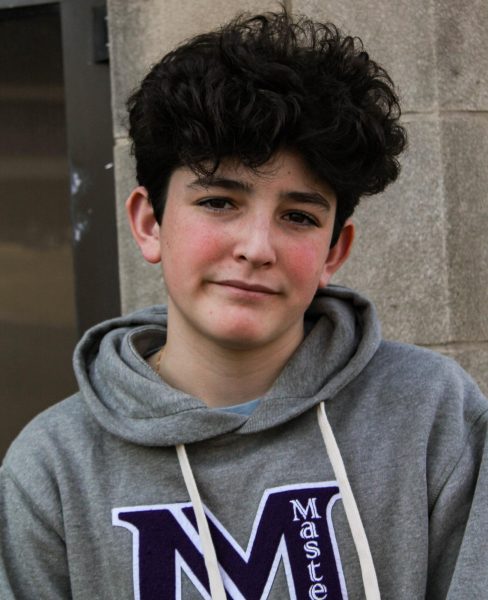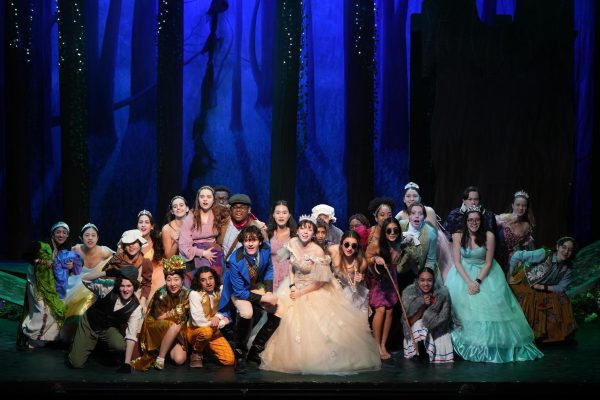From hotels to homes: MUN transitions to remote conferences
Because of COVID-19, the Model United Nations team has had to adapt to online conferences and meetings, which may pose some hidden benefits.
January 2, 2021
After hours of arduous preparation, outside research and intense skill-drilling, junior and Model United Nations (MUN) club secretary Clara Kolker woke up on the morning of Saturday, Nov. 17 ready for her MUN conference. It had been months since her last conference in the spring, and she was excited to begin the Vanderbilt University Model United Nations (VUMUN) conference. But instead of hopping on a bus to Nashville with the rest of the MUN team, she logged into the website’s platform, Gatherly, from her bedroom to begin the conference. Like almost everything else this year, the conference over a video call would serve as a reminder of a changed world, as the MUN team continued their transition from hotels to their homes.
Many call the in-person experience the most valuable aspect of a MUN conference. As individual delegates, each member of the MUN team has the opportunity to represent a country or person in a committee, in which they meet new people, explore new topics, and gain valuable skills that are applicable to the future. But as COVID-19 cases continue to rise across the United States, in-person conferences are not a viable option.
Kolker highlighted some of the key points that make in-person conferences so enriching.
“People you meet, all of those experiences you have at a conference where you’re walking around a city and you’re doing all of these things on your own and it’s very exciting,” she said. “When you’re online, you don’t really have that.”
Senior Zachary Battleman, MUN co-president, also spoke to the loss of the in-person experience.
“The single greatest appeal of MUN, and one of the things that Masters prides itself on, is the sense of community and just the fun a conference is, because of all the time you get to spend with your partner, and all your friends, and that’s completely gone,” Battleman said. “And that’s really a shame, especially as a senior, who will probably never have another high school MUN conference in person.”
Brittany Farrar, the club’s advisor and middle school Latin teacher, spoke to the drawbacks of remote conferences from a coaching perspective.
“[When in-person,] you can watch [a delegate’s] body language, you can watch their note-passing, you can watch their influence,” Farrar said. “Even if your delegate is not able to speak, you can get a lot of information. On Zoom that is not possible,” she continued.
Although not ideal, Kolker noted that there are still positives to take from the shift to online conferences.
“Since we’re online, we can do a lot more conferences than we could in the past,” she said. Specifically, Kolker and others stated that not only are delegates able to attend bigger conferences held by colleges, but also smaller conferences held by high schools, all without the stress of transportation logistics.
Battleman also commented on another benefit of having conferences over video call.
“In an online environment, where everyone’s voice is equally heard and no one has the advantages that they might have being in an in-person environment, it really levels the playing field,” he said.
Farrar has noticed that the decision to attend or not attend a MUN conference is much easier to make, given the number of other extracurricular activities on hold due to the pandemic.
“It’s just ‘Do you want to go to MUN on the weekend on your computer?’ and the answer is yes or no. So it’s like a beautiful simplicity this year,” she said.
The remote circumstances have also alleviated some of the financial difficulties which can come with organizing a trip to a conference.
“There’s not as much of a financial burden on delegates, in fact there’s none this year, which has been really, really great. The school’s been able to cover all participation,” Farrar said. She believes that this will allow inexperienced delegates to have a low-risk opportunity to try MUN.
Being remote this year has also allowed for some unique opportunities for the club such as having Tom Countryman, a former U.S. State Department worker under the Obama and Trump administrations, and Stefan Schwartz, a worker for the United Nations on peacekeeper policy, speak at virtual meetings.
Even with the change in conference setting this year, the performance of the team has not faltered. At the VUMUN conference, the group netted four individual awards and won the coveted award for “Best Small Delegation.”
Farrar said she is excited for what the club’s future holds. She hopes that the team will participate in an in-person conference held at Brewster High School in March, and mentioned her interest in creating a junior MUN program in the Middle School along with a mentorship program for younger delegates further down the line.
In looking at the present state of the team, Farrar has a ‘glass half-full’ attitude in response to the circumstances brought on because of COVID-19, especially for the younger and newer delegates. She said, “This is, of course, not ideal MUN, but it’s a huge opportunity for people to develop their persona in the room and how they approach Model UN.”




